World leaders including Russian President Vladimir Putin, Chinese President Xi Jinping and Iranian President Ebrahim Raisi met on July 4 in a summit of Asia-Europe leaders chaired by Indian Prime Minister Narendra Modi via video conference.
The one-day online meeting of the Shanghai Cooperation Organization (SCO) marked Mr Putin's first appearance on the world stage at an international summit since the armed uprising by the Wagner private military group in Russia late last month.
The SCO summit is seen in the West as an opportunity for Mr Putin to reassure Moscow's partners – and the world more broadly – that he is still in charge of Russia.
It was also an opportunity for the organization founded by China and Russia to expand its reach – with Iran becoming the SCO's ninth full member and Belarus signing a memorandum of understanding on obligations to join the bloc.
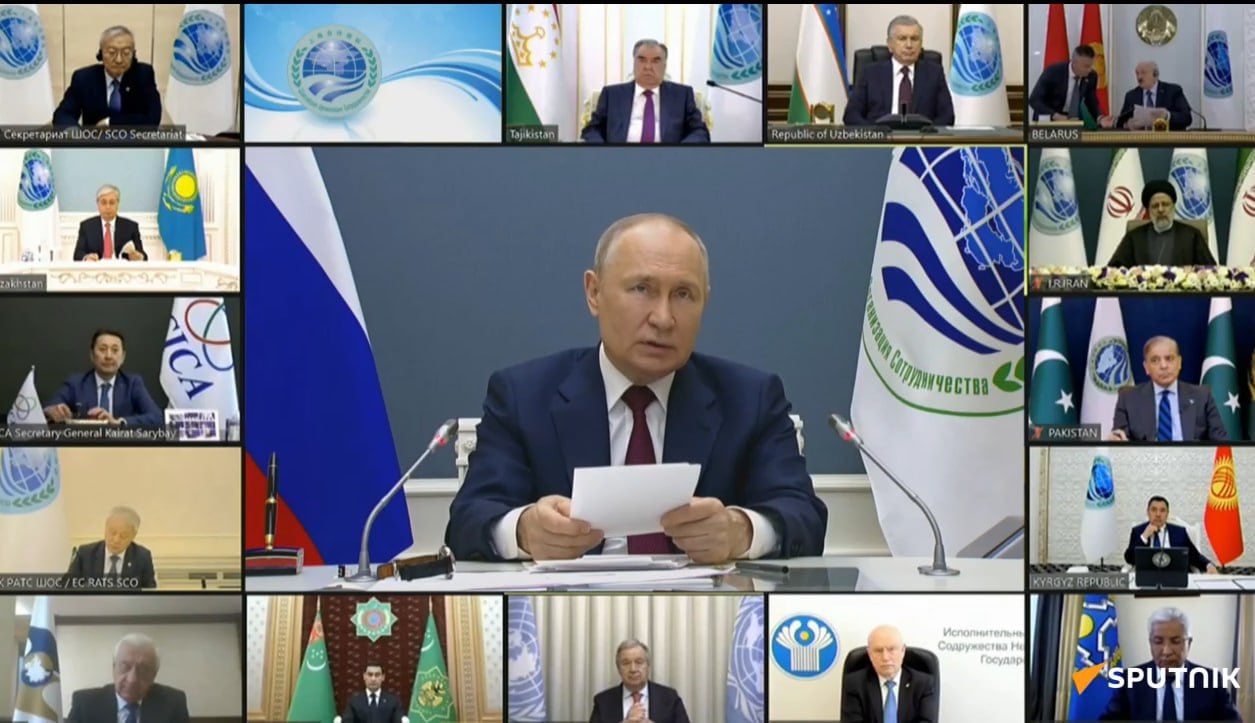
The SCO Summit, hosted by India online on July 4, 2023, was attended by leaders of member countries, with the UN Secretary-General as a guest. Photo: Sputnik
In his opening speech, Mr. Modi praised the SCO as “an important platform for peace, prosperity and development in the entire Eurasian region.”
“We do not see the SCO as an extended grouping, but as a family. Security, economic development, connectivity, unity, respect for sovereignty and territorial integrity, and protection of the environment are the pillars of our vision for the SCO,” the Indian Prime Minister said.
But this year's SCO Summit, because it took place online, was considered less colorful than last year.
Last year's conference lasted over two days in person in Samarkand, Uzbekistan, including several sideline meetings between attending leaders.
Win-win cooperation
Both Moscow and Beijing see the SCO as an alternative to Western-led blocs and a key vehicle for their efforts to push back against what they see as the US-led world order.
In his speech to the summit, Chinese leader Xi Jinping stressed the need for unity and cooperation, and called on regional leaders to take responsibility for their countries' futures – in an apparent bid to counter outside influence in the region.
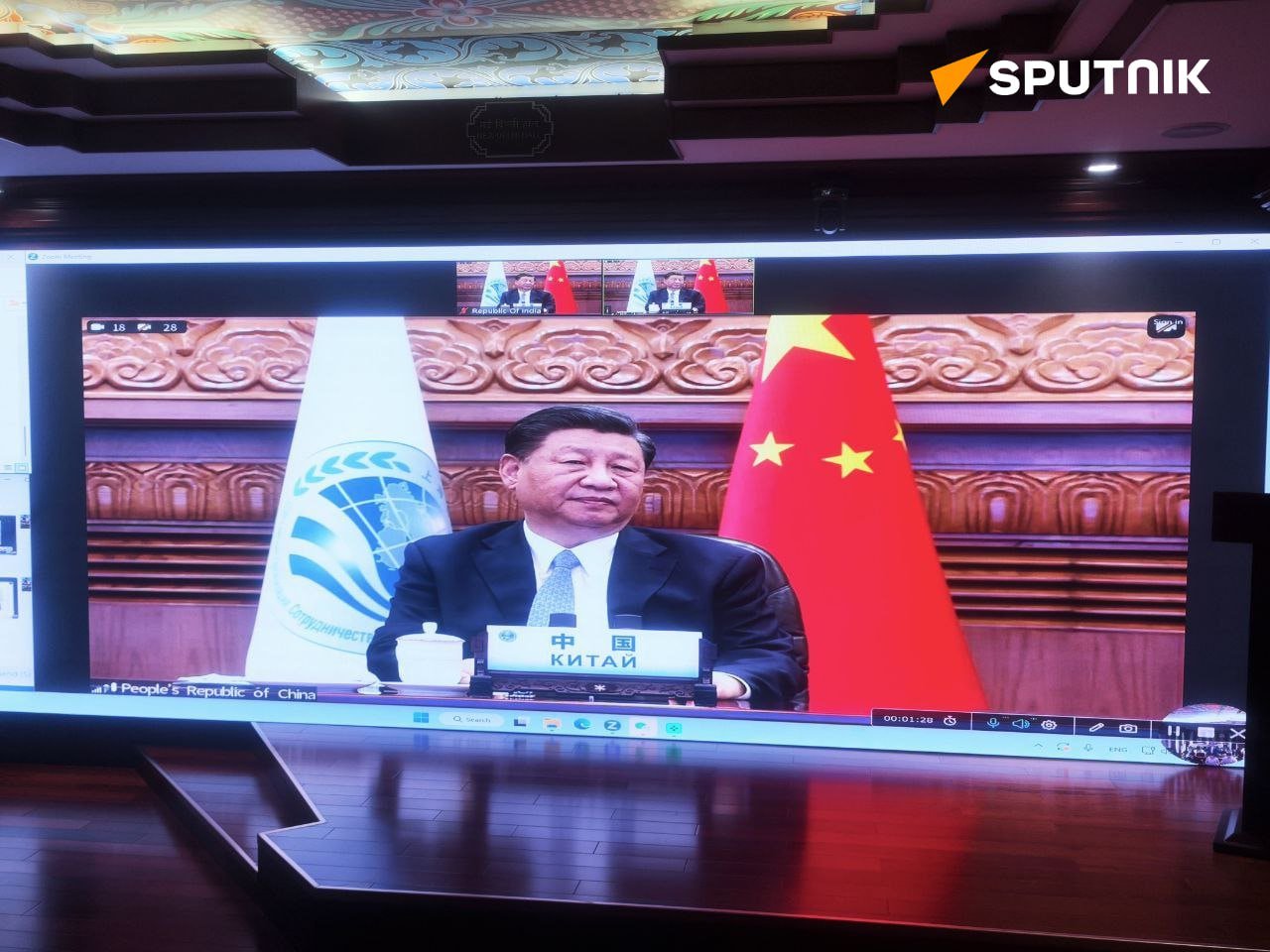
Chinese President Xi Jinping attends the SCO Summit hosted by India via video conference, July 4, 2023. Photo: Sputnik
“Today’s world is in turmoil, and changes not seen in a century are accelerating. Human society is facing unprecedented challenges. Unity or division? Peace or conflict? Cooperation or confrontation?” Xi said, calling for “win-win” cooperation instead.
“We need to strengthen strategic communication and coordination… We must independently formulate foreign policy based on the overall and long-term interests of the region, and firmly hold the future and destiny of our country's development and progress in our own hands,” Xi said, according to China's state news agency Xinhua.
More united than ever
Speaking at the Conference, Russian President Putin highly appreciated the SCO as an organization that contributes to maintaining peace, stability, sustainable growth and development of member countries, and strengthening ties between peoples in the context of increasingly fierce geopolitical conflicts and deteriorating security in the world.
Regarding the hybrid war – which Mr. Putin has repeatedly stated is being inflicted on Russia by the Western collective – he noted that “anti-Russian sentiment” has been building up in Ukraine, a place close to the Russian border, for a long time and that this hybrid war is still going on against Russia.
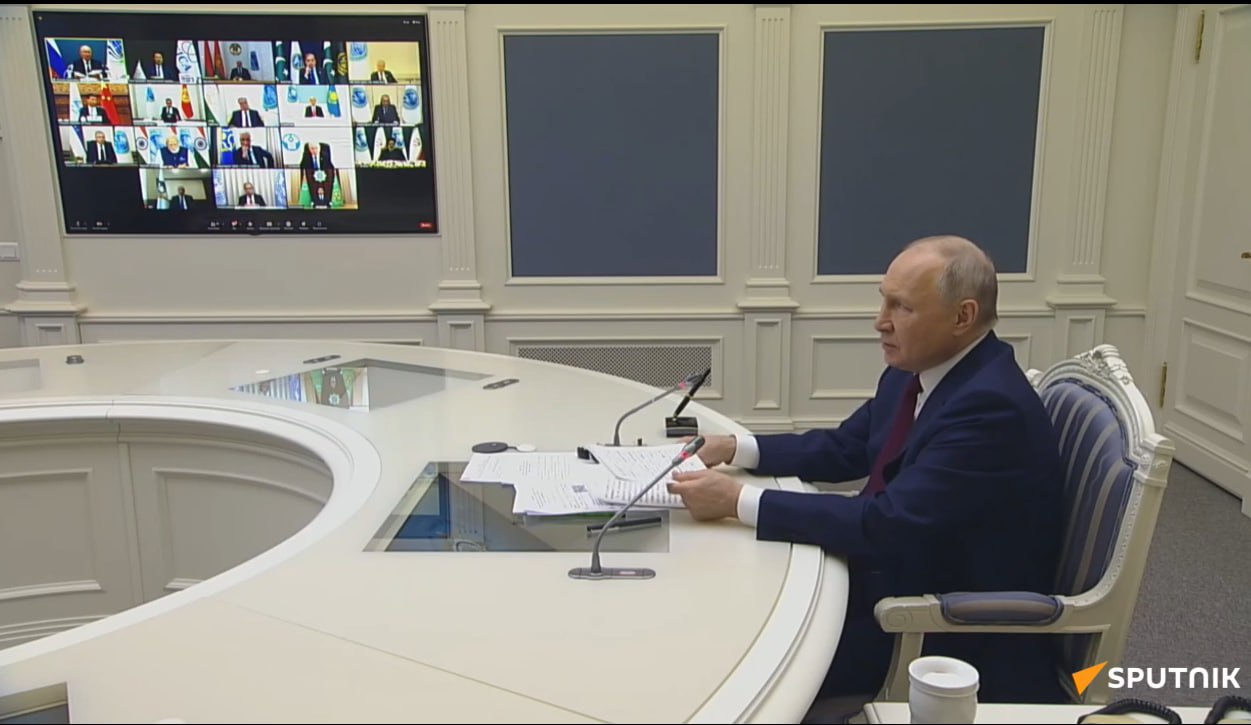
Russian President Vladimir Putin attends the SCO Summit hosted by India via video conference, July 4, 2023. Photo: Sputnik
President Putin stated that Russia opposes and will continue to defy sanctions and restrictions, the Russian people are more united than ever. According to him, more than 80% of trade between Russia and China – two founding members of the SCO – is conducted in rubles and yuan.
The Russian leader also said Moscow supports the draft joint statement of the SCO summit that reflects unified approaches to international issues.
The SCO was founded in Shanghai in 2001 with six founding members - Russia, China, Kazakhstan, Tajikistan, Kyrgyzstan and Uzbekistan. India and Pakistan joined the bloc in 2017.
After India, the rotating chairmanship of the bloc will be transferred to Kazakhstan .
Minh Duc (According to CNN, RT, Sputnik)
Source








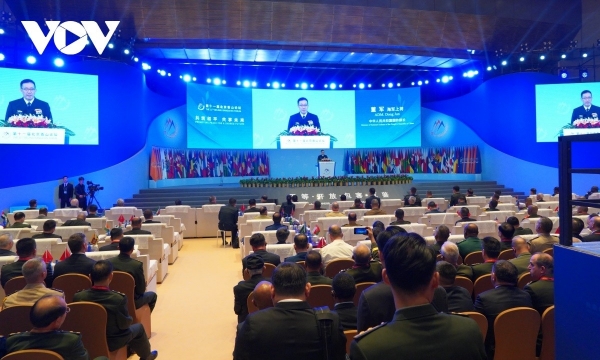

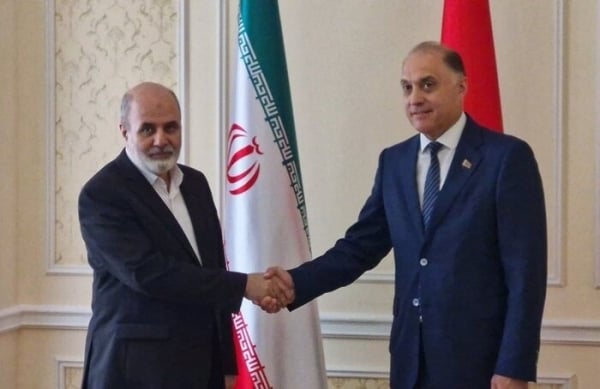
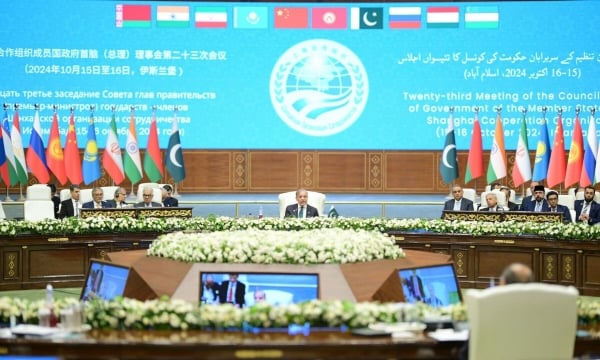
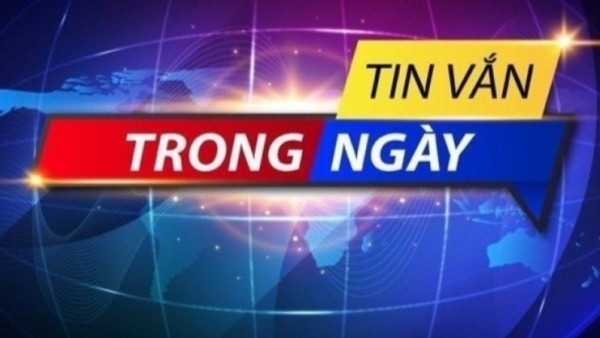
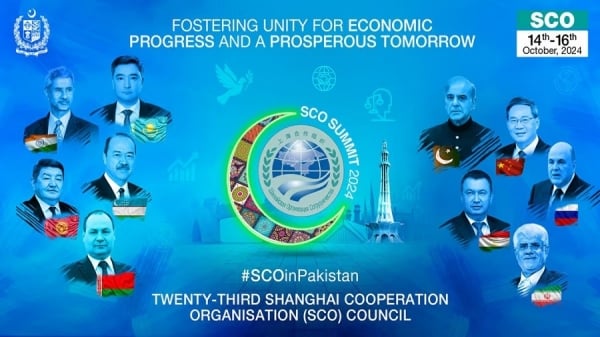

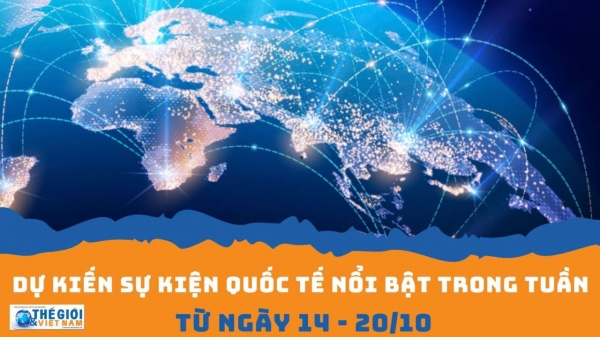
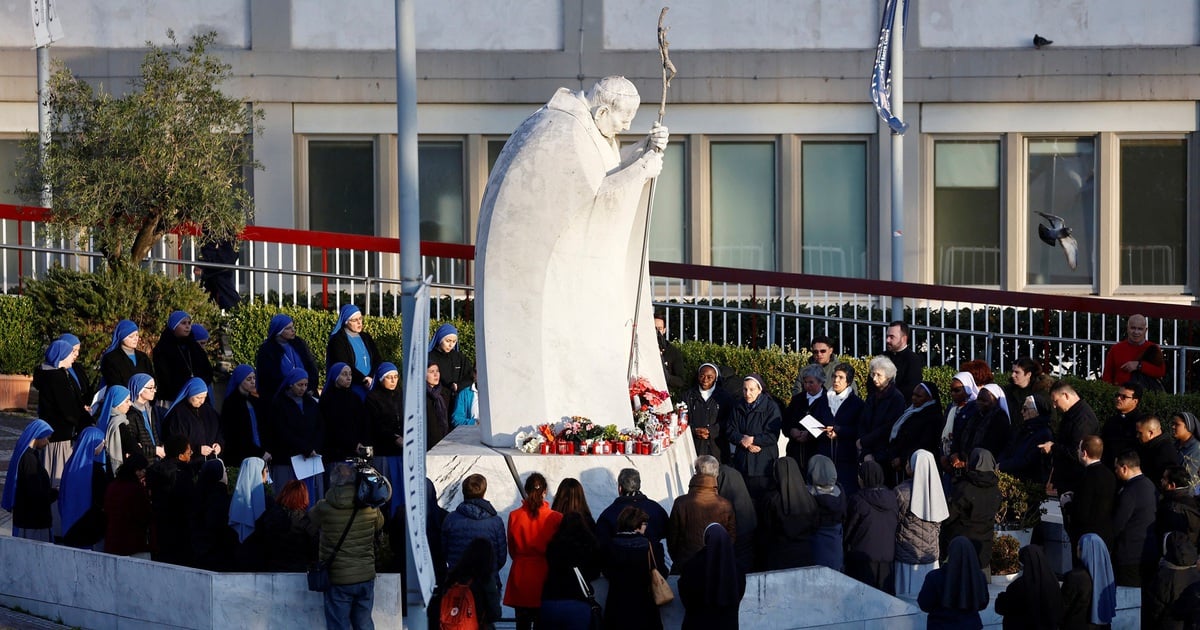

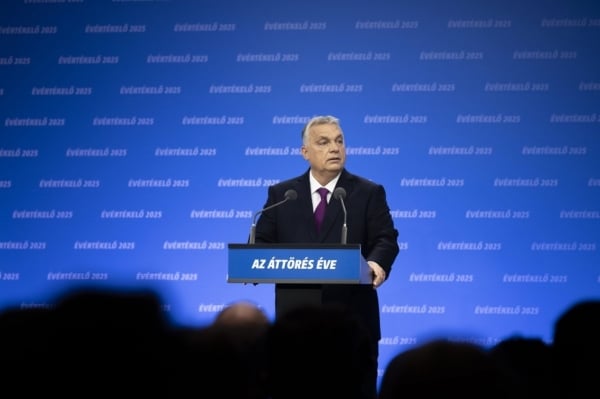
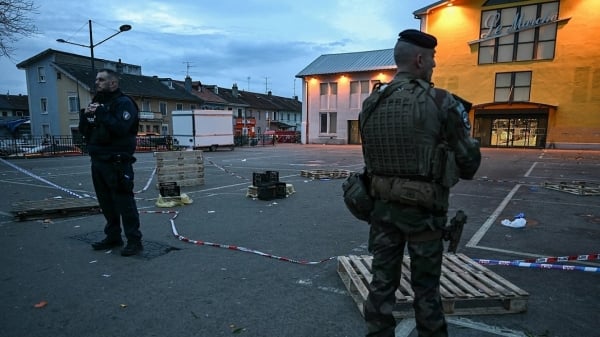
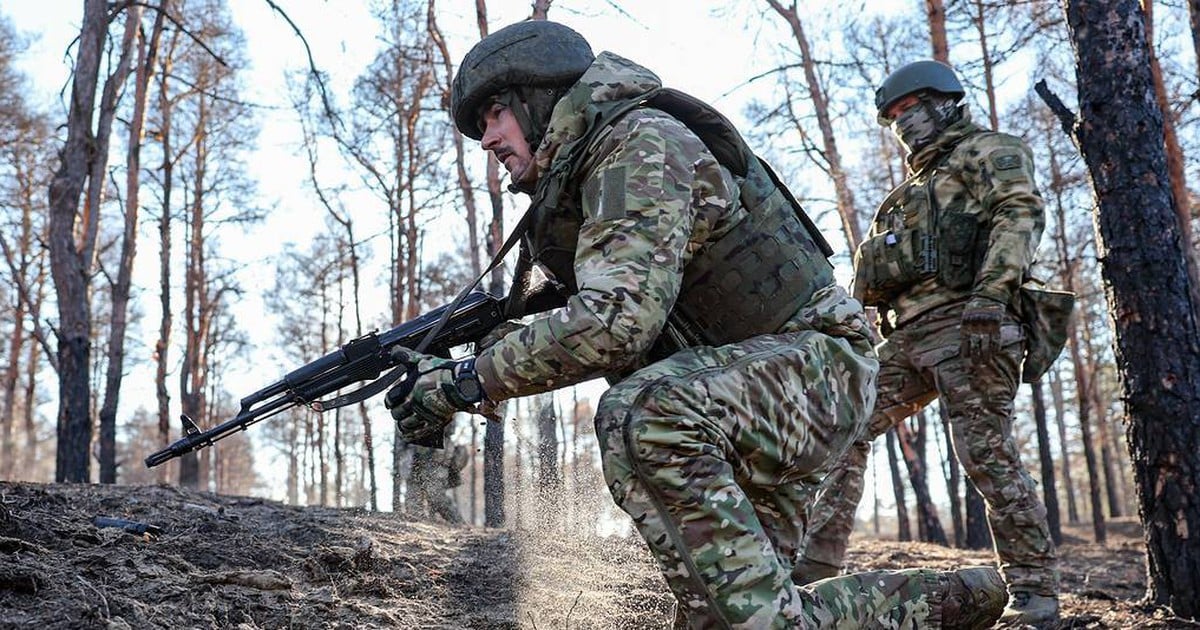
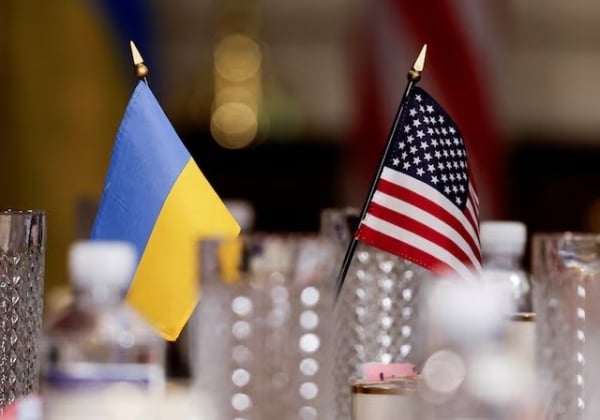
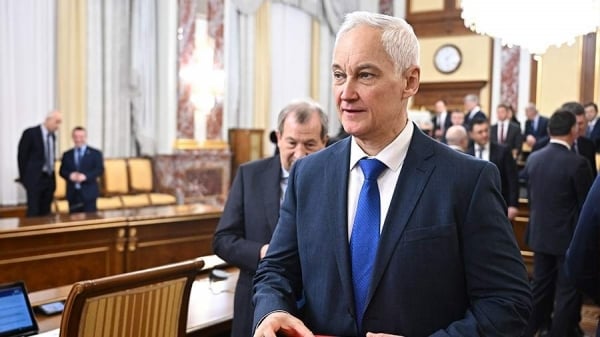
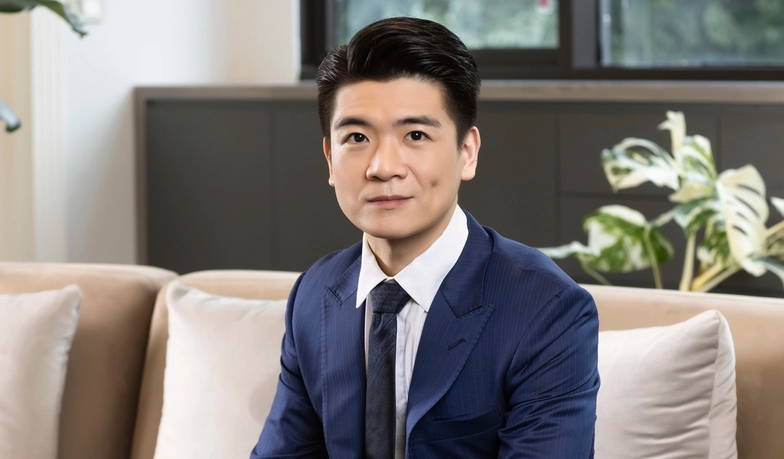
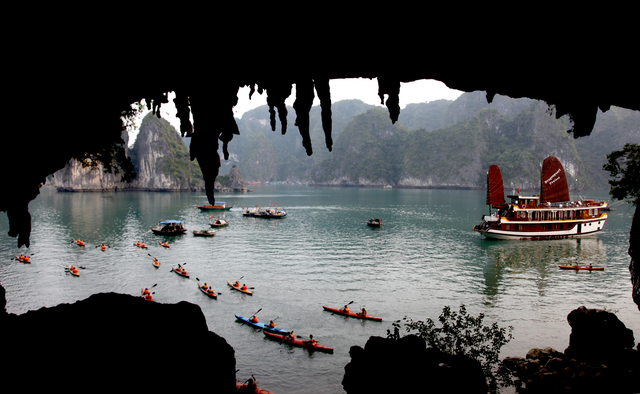

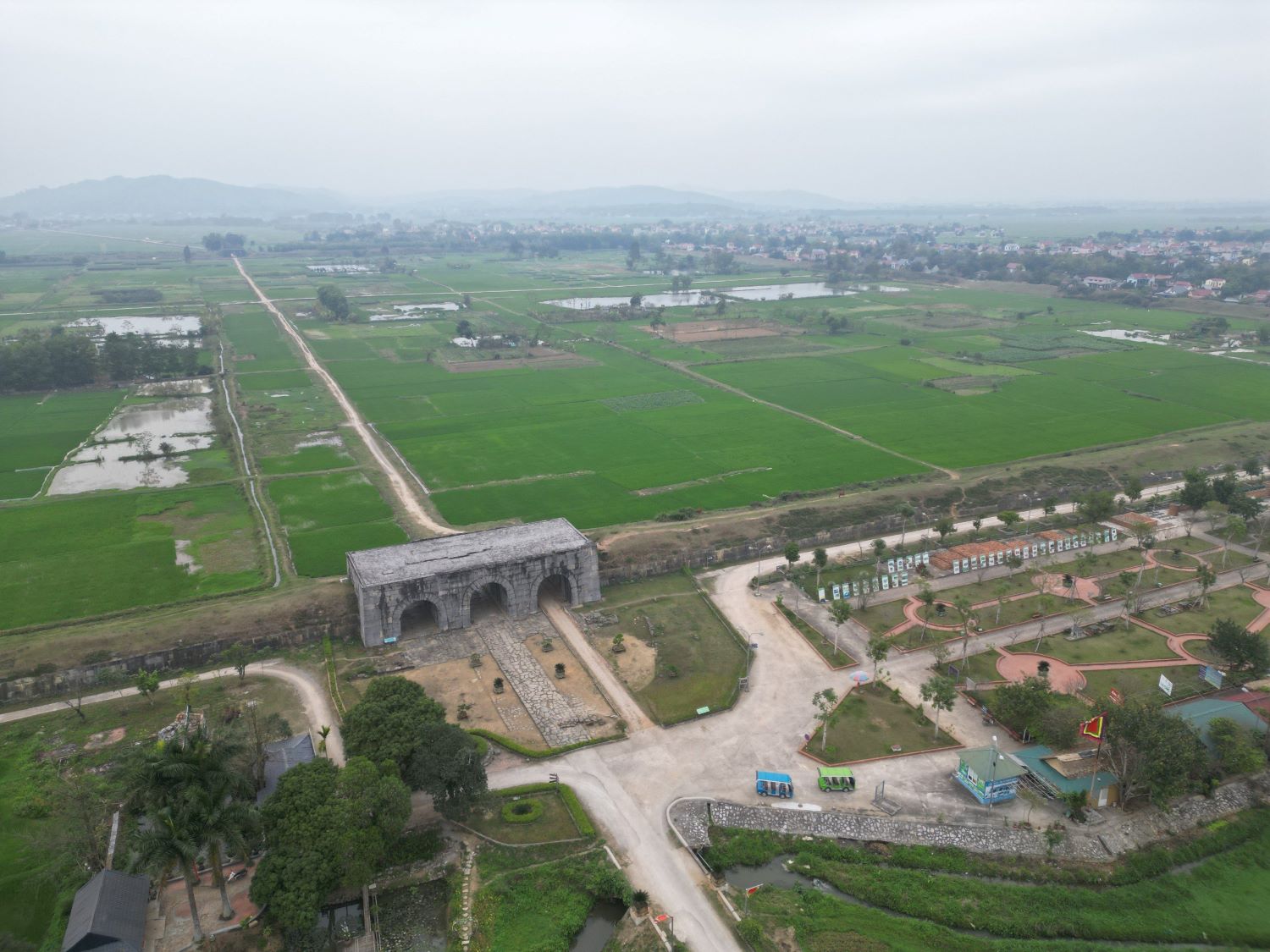
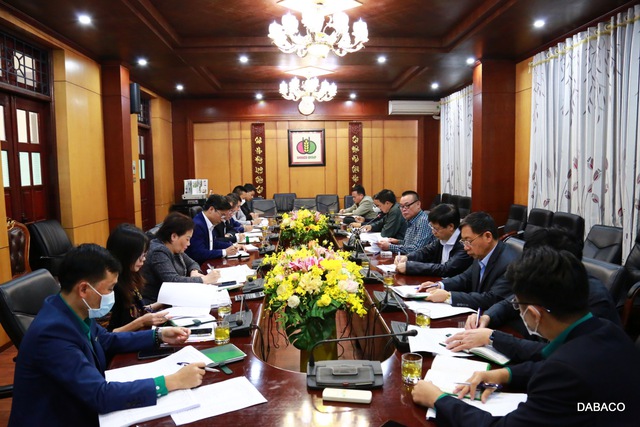
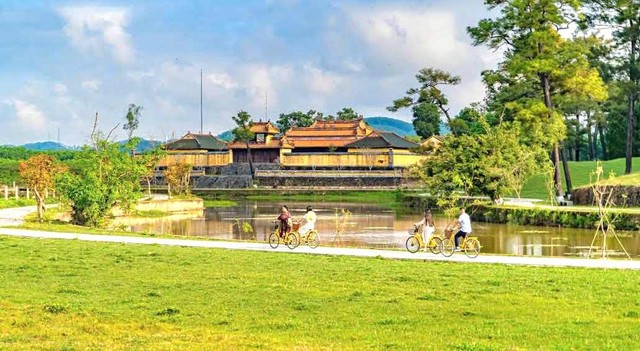
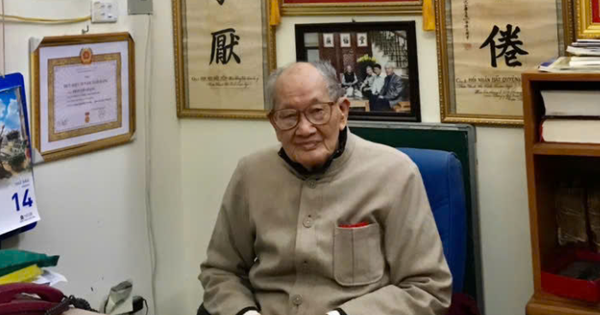



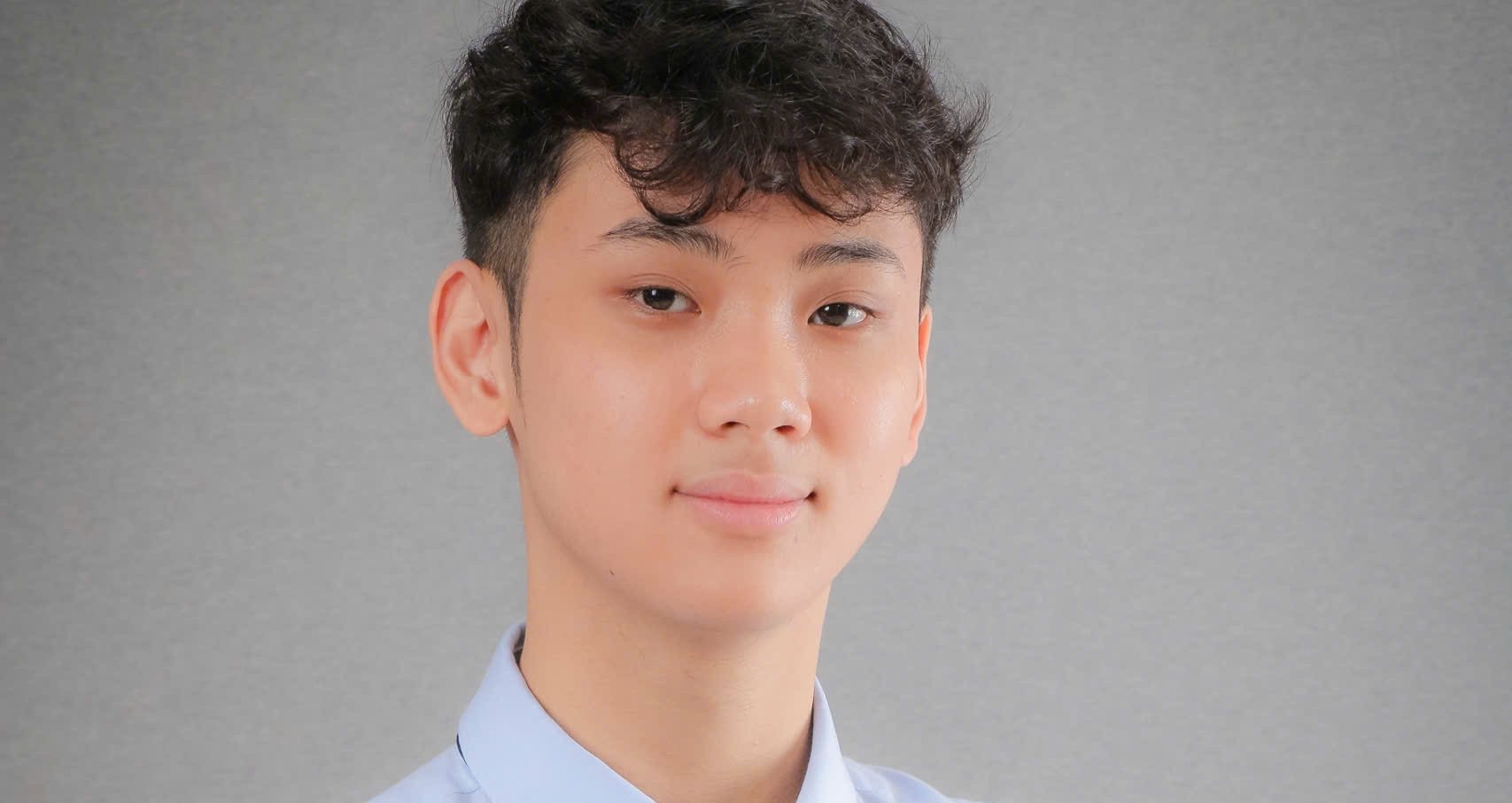

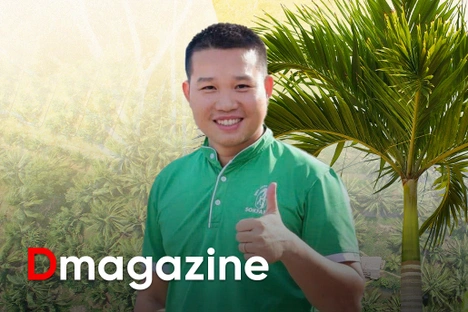


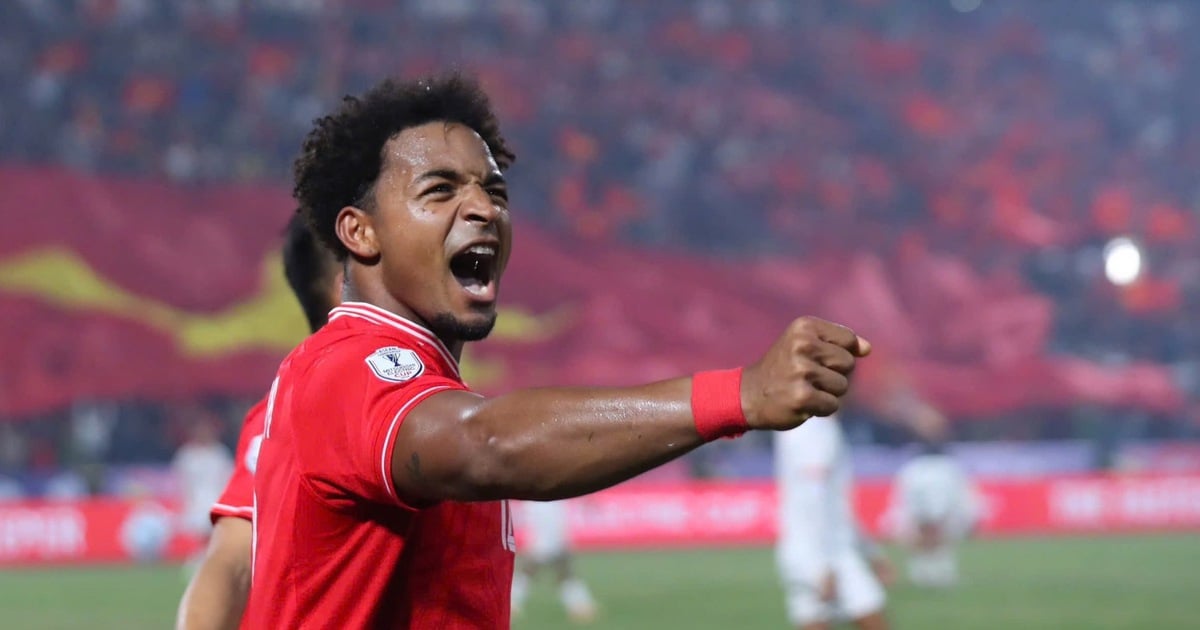
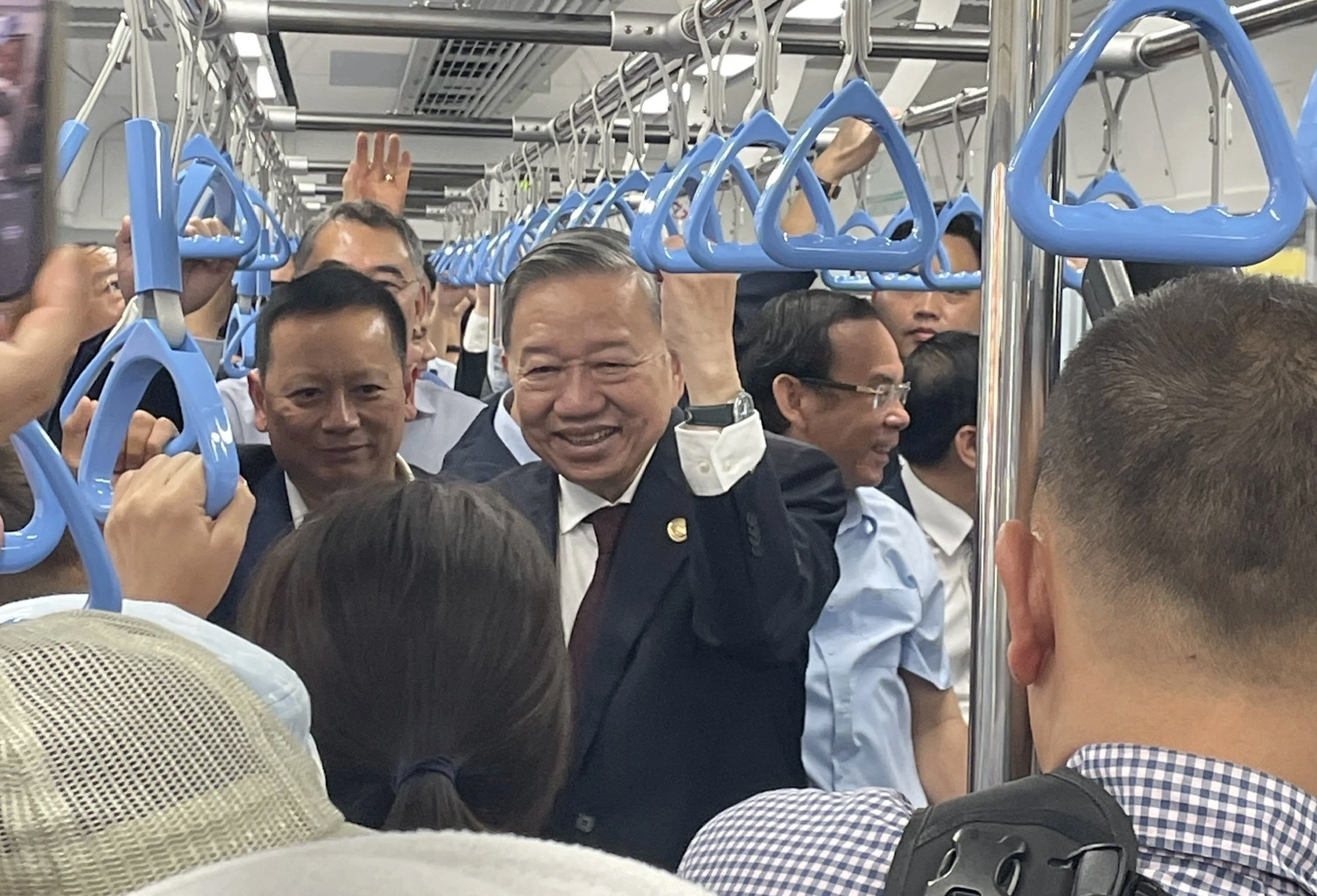
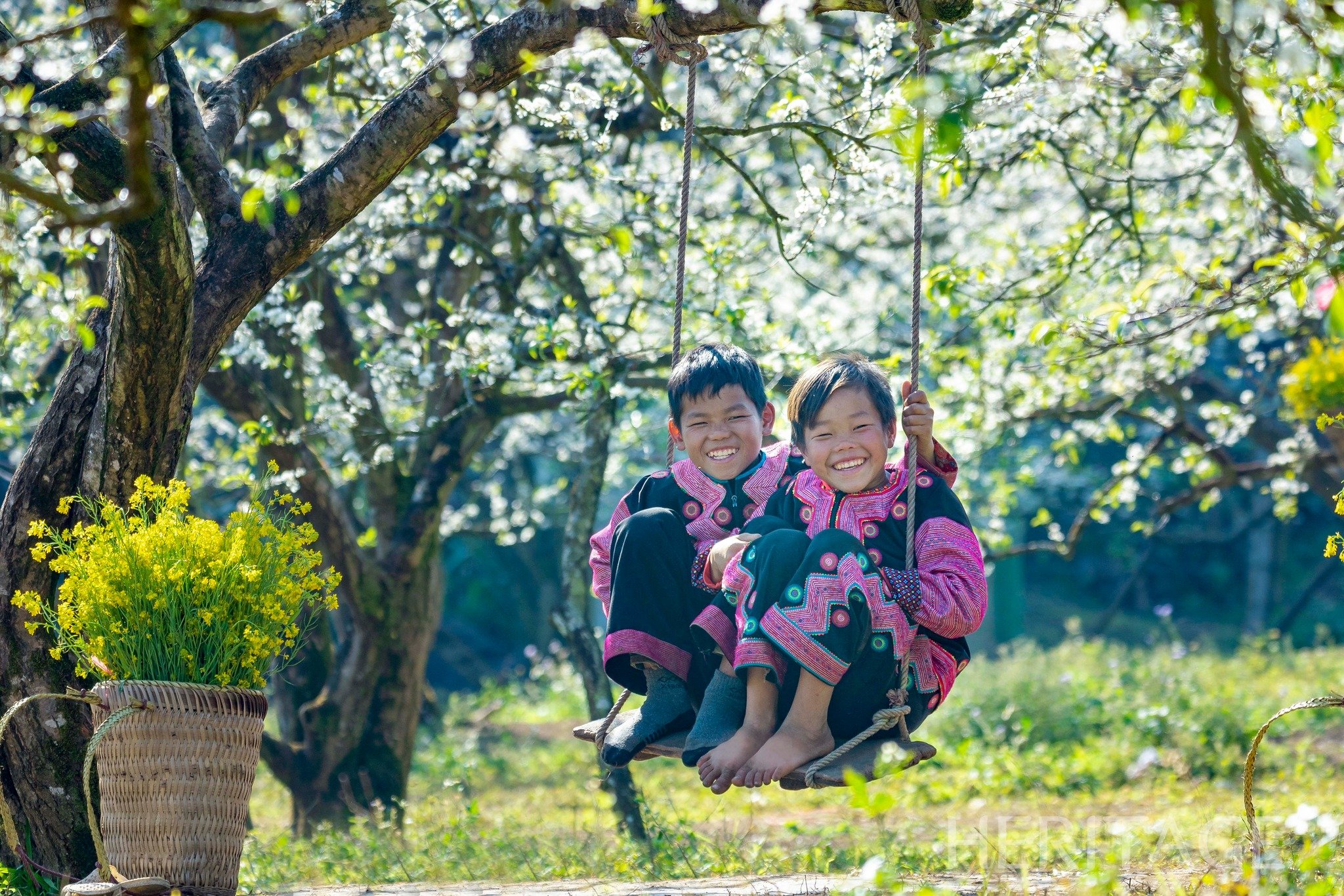
Comment (0)